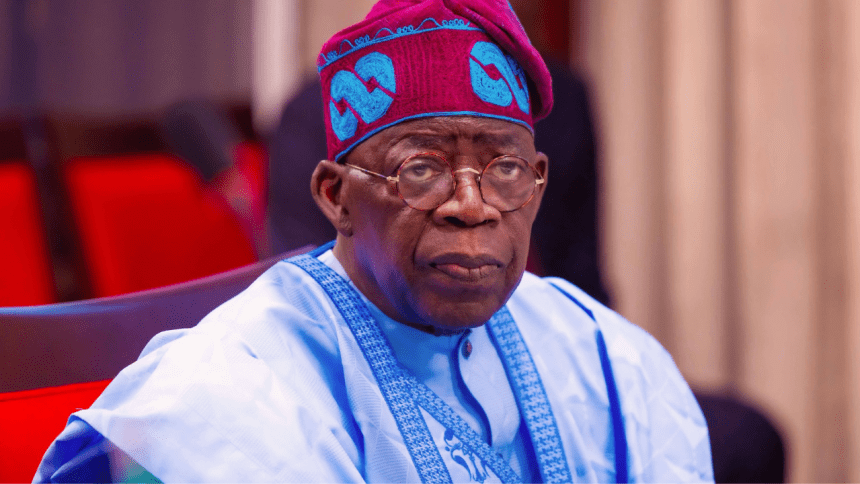The decision of a United States court to order a release of documents related to drug trafficking allegations linked to President Bola Tinubu has resurfaced, two years after dominating conversations in the lead up to the 2023 presidential elections.
Judge Beryl Howell of the U.S. District Court for Columbia last Tuesday directed top law enforcement agencies to release confidential information on President Tinubu in the over thirty years old case.
Agencies affected include the Executive Office for US Attorneys, Department of State, Federal Bureau of Investigation (FBI), Internal Revenue Service (IRS), Drug Enforcement Administration (DEA), and the Central Intelligence Agency (CIA).
The order followed a request made by Aaron Greenspan, an American citizen who has been pursuing the case under the Freedom of Information Act.
While granting the order on Tuesday, Judge Howell held that protecting the information from public disclosure is “neither logical nor plausible.”
Greenspan, in his complaint, accused the law enforcement agencies of violating the FOIA by failing to release within the statutory time documents relating to purported federal investigations of Bola Tinubu and one Abiodun Agbele.
The American had between 2022 and 2023, filed 12 FOIA requests with six different US government agencies and components seeking information about a joint investigation conducted by the FBI, IRS, DEA, and the US Attorney’s Offices for the Northern District of Indiana and Northern District of Illinois.
According to him, the records being requested involved charging decisions on the activities, including money laundering, of a Chicago heroin ring that operated in the early 1990s.
In each FOIA request, he sought criminal investigative records about four named individuals “allegedly associated with the drug ring: Bola Ahmed Tinubu, Lee Andrew Edwards, Mueez Abegboyega Akande, and Abiodun Agbele.”
All five US agencies had refused to confirm or deny whether the requested records exist.
Tinubu was said to have forfeited 460,000 dollars in 1993 to the American government after authorities linked the funds to proceeds of narcotics trafficking; an issue that featured prominently at the Presidential Election Petition Tribunal when his major challengers in the election, Atiku Abubakar and Peter Obi, challenged the president’s eligibility to contest Nigeria’s presidency.
His legal team had objected to an emergency request to release the documents few days to the commencement of the legal case challenging his 2023 election victory, arguing that the information sought were confidential and protected within the Privacy Act.
It remains unclear whether the authorities involved will appeal the decision.
Editor: Ebuwa Omo-Osagie








